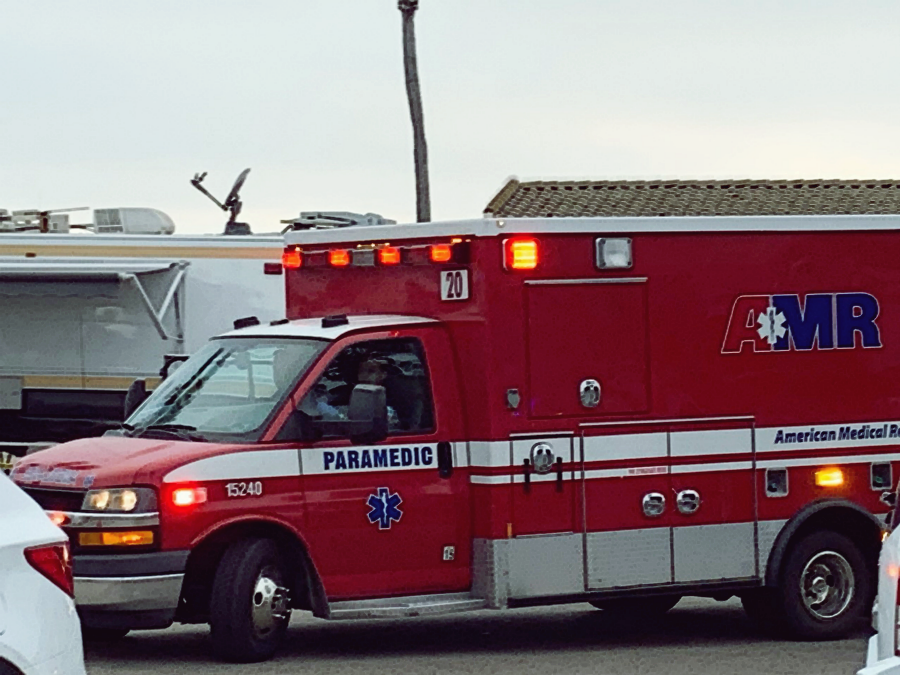Functional Medicine
You’ve been injured under circumstances that either weren’t your fault or were only partially your fault. You know that you could likely benefit from legal guidance because it is possible that in holding the parties who caused your harm responsible, you could obtain significant compensation. For you, it isn’t about the money. It is about a combination of seeing justice done and ensuring that your family’s finances are not adversely impacted because another party exercised poor or intentionally dangerous judgment. Now what?
If you haven’t already scheduled a legal consultation with a reputable local attorney who represents injury victims with cases like yours, it’s time to do some research. Make sure that any lawyer with whom you meet is reputable, practices the exact kind of representation you need for your case (not all personal injury lawyers handle the same kinds of niche cases), and that their law firm seems professional and respectable in nature. When scheduling, don’t forget to ask if your case evaluation will be free or if you’ll be charged a fee.
Once your consultation is scheduled, you’ll need to prepare for this potentially consequential meeting. Here are a few things that you’ll want to do in order to better ensure that you get the most value for your time and that you walk away from your session informed enough to make sound decisions about your next steps.
Write Down Your Questions and Other Pressing Concerns
As an experienced medical malpractice lawyer – including those who practice at Ward & Ward Law Firm – can confirm, all too often, individuals attend case evaluation sessions only to spend their valuable time trying to remember what they wanted to ask and what they wanted to say. By writing down any questions you might have, you can access your “mental notes” easily and better ensure that each of your questions is answered in turn.
Keep in mind that you can ask questions about whatever you like. From questions about the potential strength of your case to an attorney’s approach to representation and fee structures, you have the freedom to ask questions freely so don’t hesitate to take advantage of that reality.
Additionally, make sure to write down any details that you want an attorney to take note of. For example, if you find yourself thinking, “I need to tell the attorney about seeing the doctor starting to write notes and then getting distracted and leaving the room,” write that down so that you can draw the lawyer’s attention to that information during your consultation.
Gather Evidence Relevant to Your Legal Situation
Finally, you’ll want to gather any documents, pictures, video, text messages, and any other kind of evidence that can help your lawyer better understand the unique circumstances of your case. To make informed decisions about your next steps, you need personalized guidance tailored to your situation to receive that guidance, you’ll need to provide your attorney with as much information about the unique circumstances of your case that you can.


